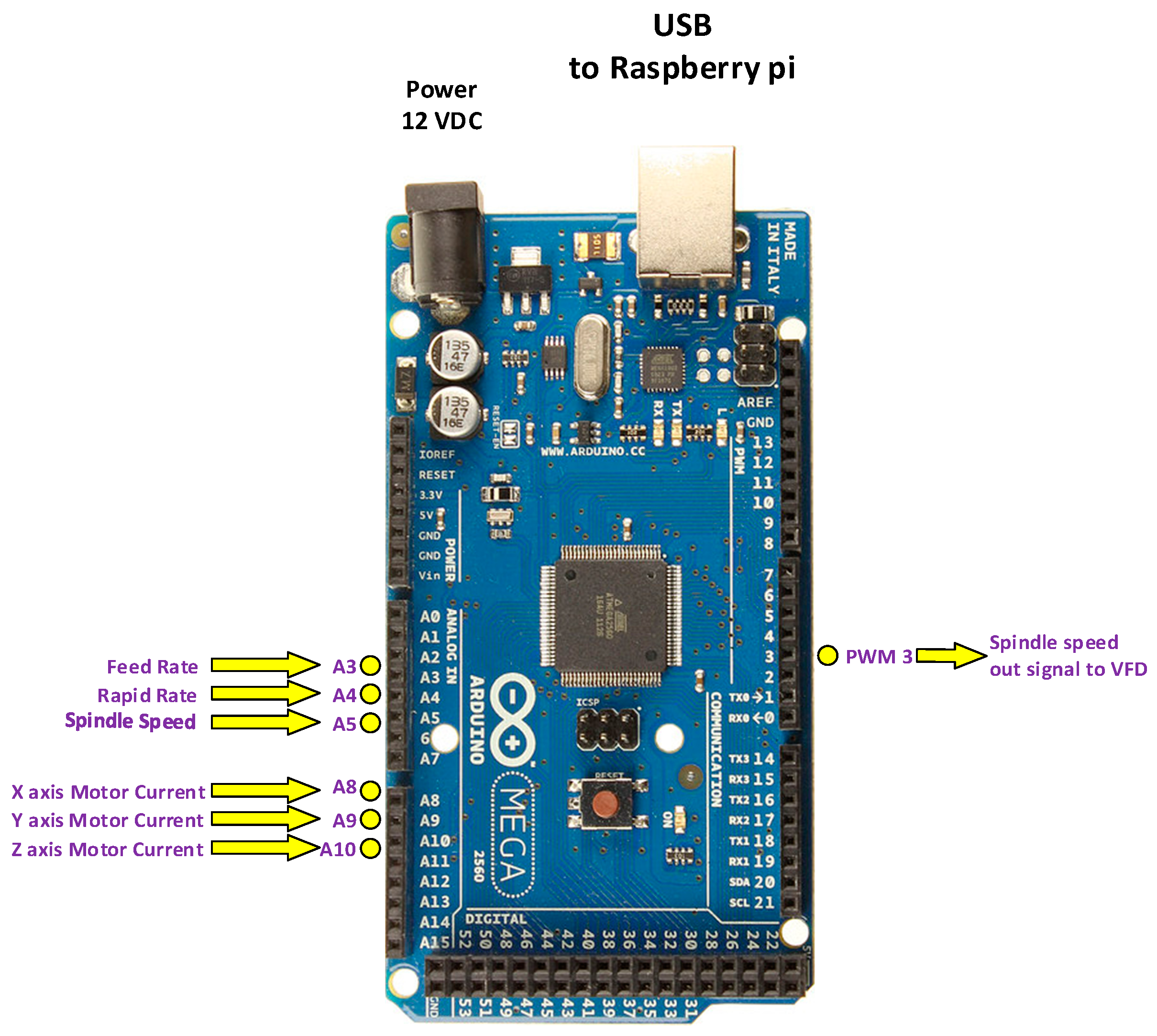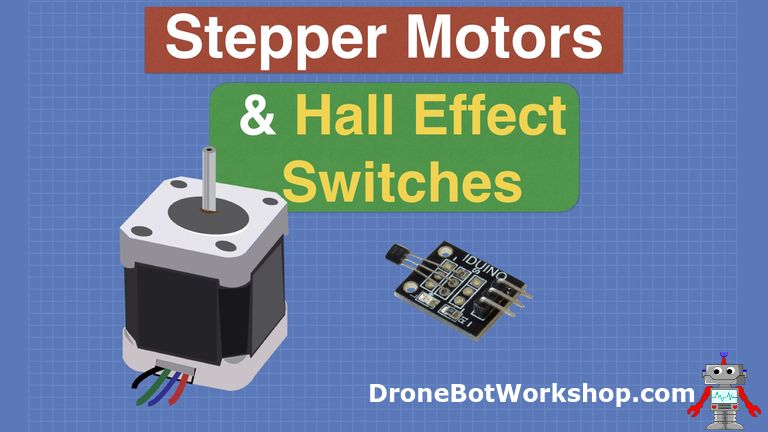

- CONTROLLING GECKO G540 WITH ARDUINO DRIVERS
- CONTROLLING GECKO G540 WITH ARDUINO SOFTWARE
- CONTROLLING GECKO G540 WITH ARDUINO FREE
These would and have provided amble torque to move my machine. If you are not familiar, NEMA is a standard for motor mounts and sizes. One of my earliest purchases were powerful stepper motors for the version 1 of my CNC. I would consider the major electronic components, in the order I will cover them, to be: The case didn’t come with the pretty display or buttons and switches. It is meant to go in a server rack, but it has proved more than perfect as a CNC electronics’ housing. It is a 3U (19″) lockable steel drawer with an Aluminum Faceplate. I found the AC Infinity Rack Mount Drawer. I finally found a great solution by not looking for an electronics enclosure. The case had to be metal and finding a good sized metal case that didn’t cost a small fraction of the total build cost proved difficult.
CONTROLLING GECKO G540 WITH ARDUINO DRIVERS
CONTROLLING GECKO G540 WITH ARDUINO SOFTWARE
CONTROLLING GECKO G540 WITH ARDUINO FREE
I still feel 8 years of trouble free service from the G540 was pretty good but it was time to say good bye. I did double check all of my current settings and never did find a reason for the trouble. I tried cleaning it, drilling it and ultimately resoldering the connector on the G540. No mater what I tried I could not get it to work again. These cables were from When I removed them I found a single pin on a single connector on the G540 was melted and I could not plug the cable back in. I was cleaning my machine and disconnected all of my motor cables from the back of the G540. Reasons 1 and 2 above are mundane but reason 3 was interesting.

It connected over an ethernet port and provided 3 parallel ports worth of In/Outs (IOs). The Ethernet Smooth Stepper works with a software packaged called Mach 3 by ArtSoft. These 25 pin connectors are hard to come by now a days and if you choose to go down this route be sure you have an old desktop computer to serve you. In order to use it, you will need a computer that has a parallel port. It served me just fine, but don’t go buying it just now. The first real build I did consisted of 4 G251 Gecko drivers and a parallel breakout board. It was 2008 and things were just getting started. It took me a long time in life to realize I should do it right the first time, but lets not be too tough on me. Version 1 (G251 + parallel breakout board) I will take you through the three iterations I have undergone, but will focus the details on the final version.

The electronics can seem pretty intimidatingly, I know they did for me. With that out of the way, lets not get too worked up. Be smart, unplug things when you work on them and follow industry best practices like your life depends on it, because it very well could. In this particular section, we are going to be covering some high current high voltage issues. I make mistakes, I do things that are dumb and sometimes I don’t even know it. More specifically, if you follow any of what I have done, realize you are following someone who is a hobbyist, just like you. If you are attempting to build a CNC you will need to accept responsibility for the outcome. If you are just joining us, take a look at part 1 and 2 at:ĭISCLAIMER: Lets start with what should be pretty obvious at this point.


 0 kommentar(er)
0 kommentar(er)
